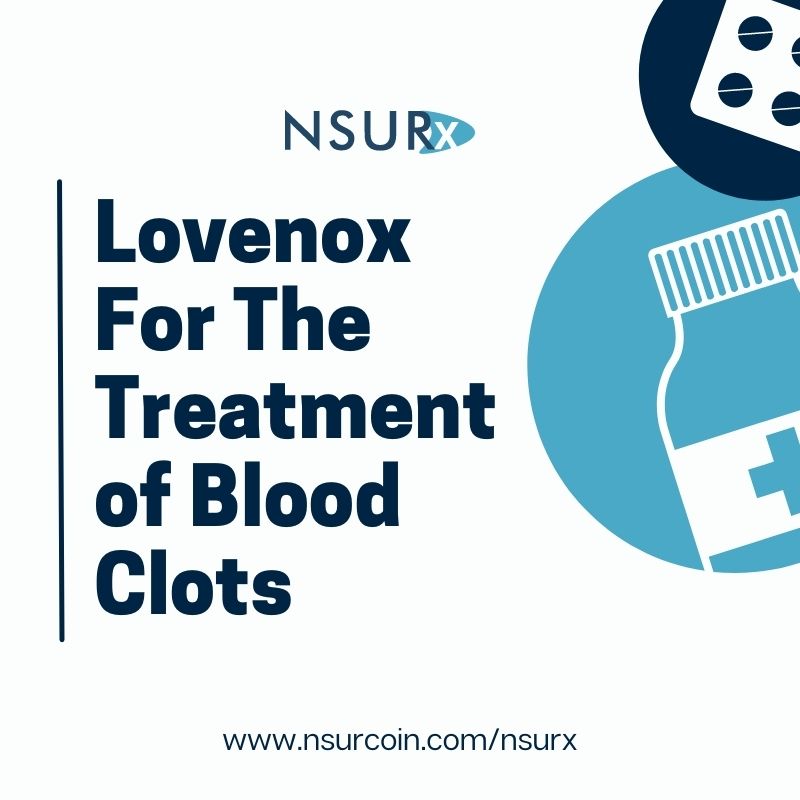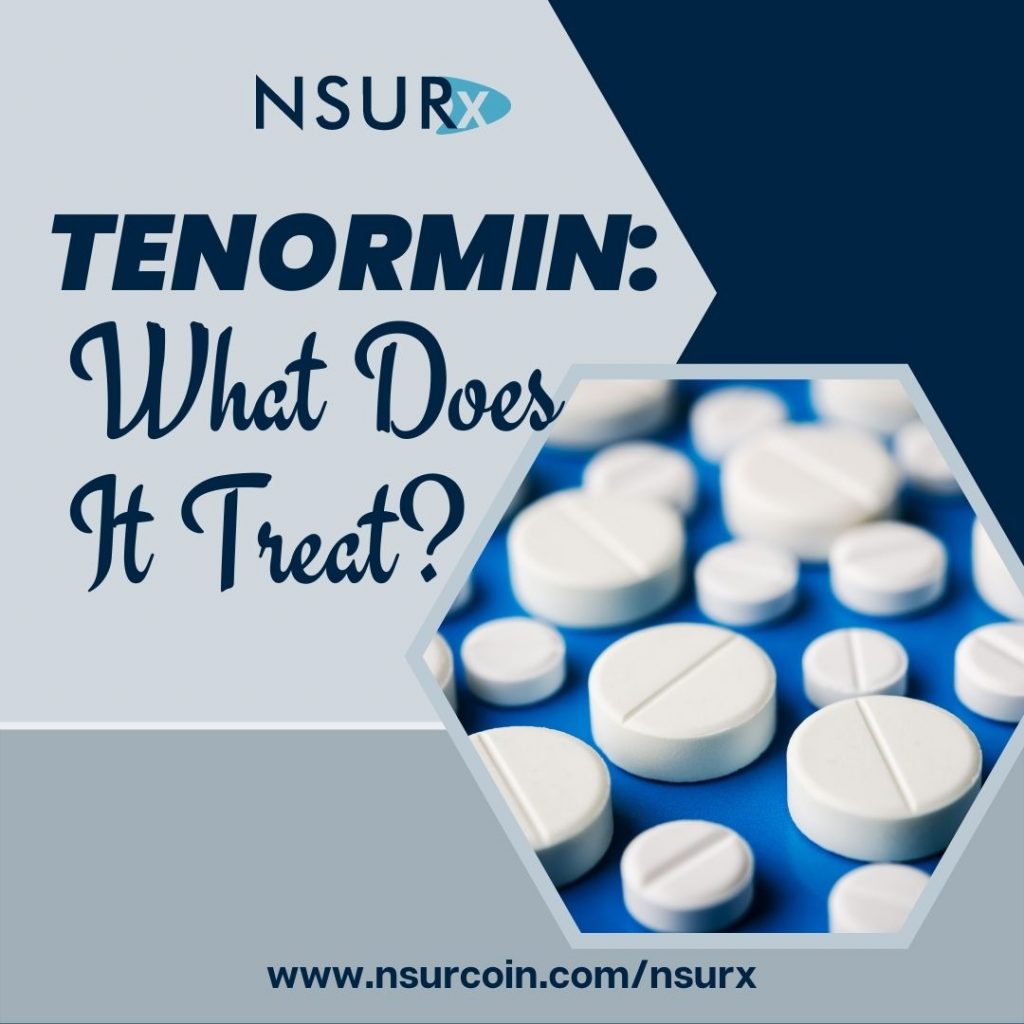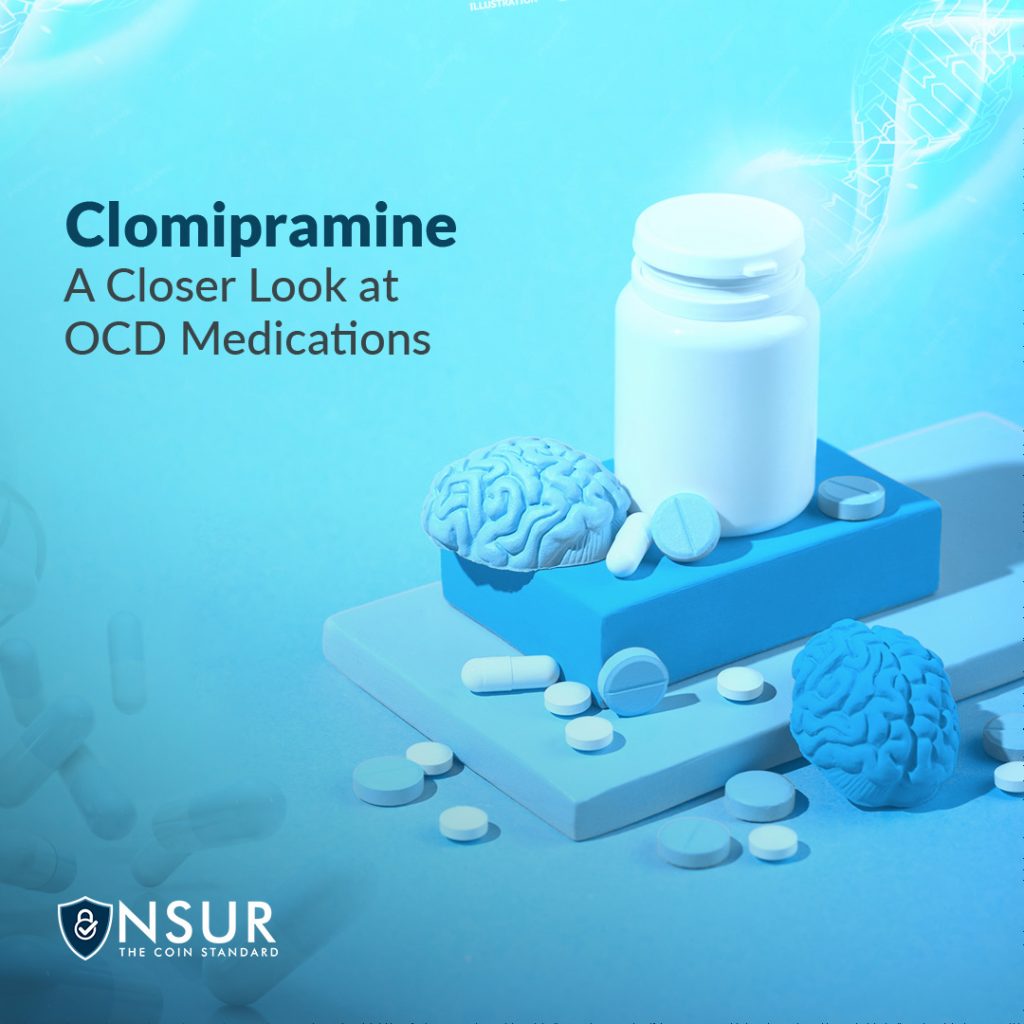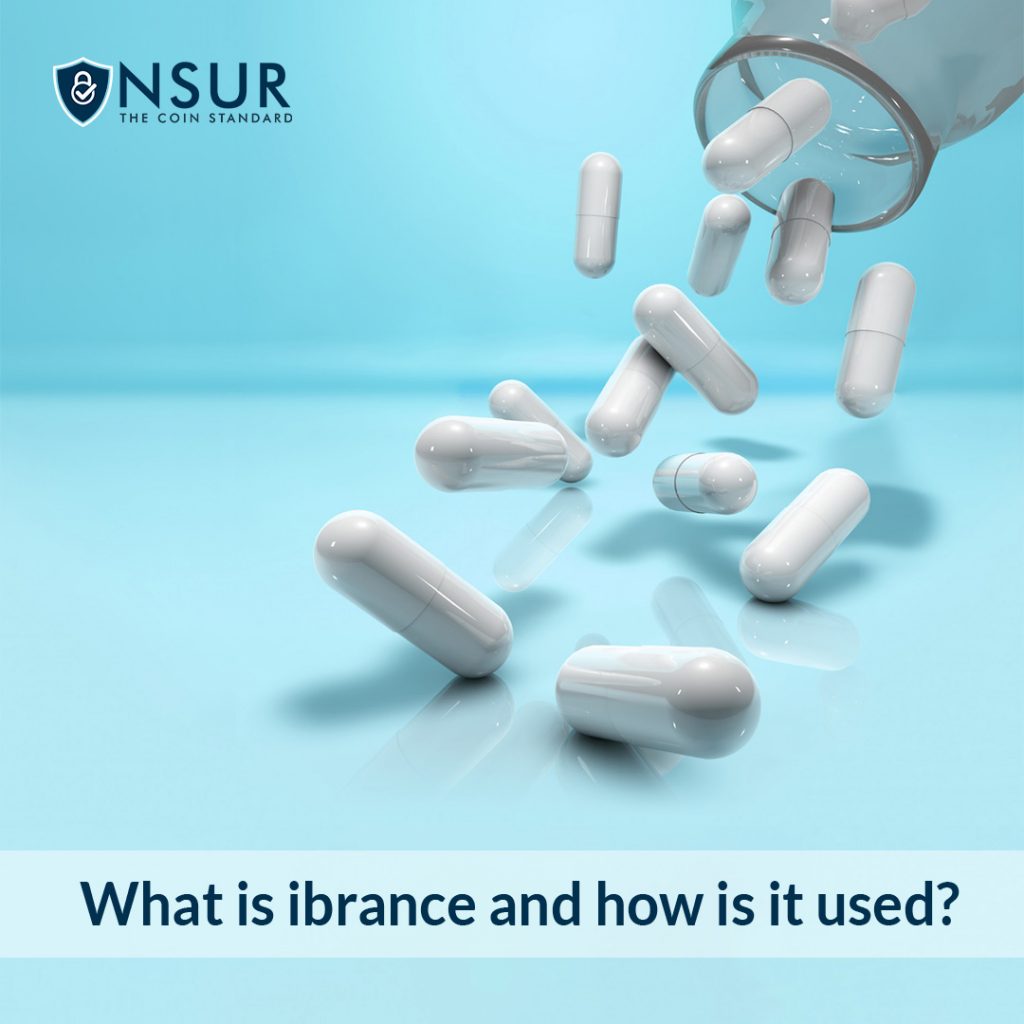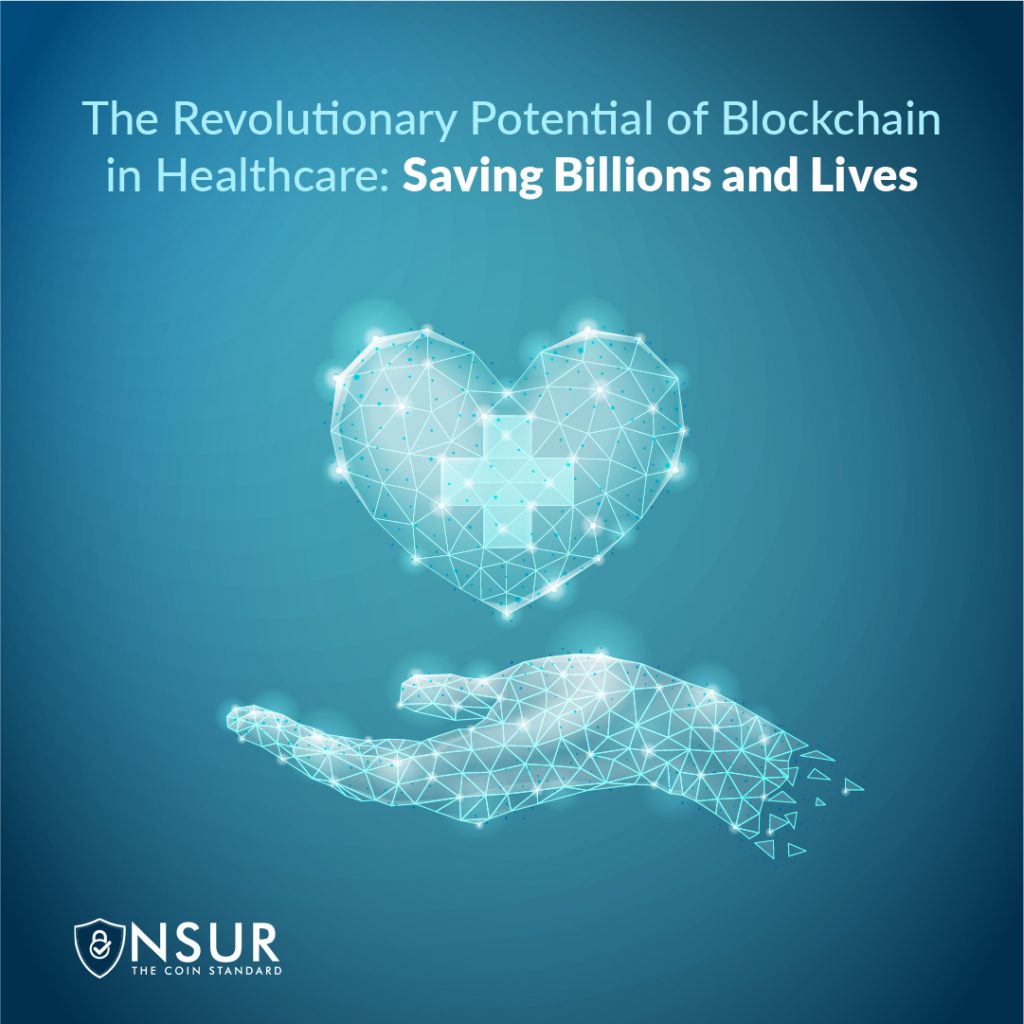
In recent years, the advancement in technology has changed the dimension of business worldwide. Blockchain technology has been one of the most cutting-edge and promising technologies. It is best known as the technology that powers cryptocurrencies such as Bitcoin. Notwithstanding, blockchain has the potential to revolutionize the healthcare industry, which could save several billion dollars and many lives at the same time.
According to a BIS Research report, the healthcare industry could save up to $100 billion per year by 2025 if blockchain technology is implemented. This cost savings can be traced to an array of factors, including a reduction in IT, operations, support functions, personnel, and security breaches. The report also highlighted the advantages that pharmaceutical companies could gain from using blockchain to track drugs, which would help reduce the estimated $200 billion in losses caused by counterfeit drugs each year. Furthermore, health insurance companies could use blockchain to streamline their processes, reduce IT and operational costs, and reduce incidents of health insurance fraud.
Understanding Blockchain Technology
Blockchain technology is a decentralized database that uses a network of computers to keep track of a public Ledger and validates changes in real-time. A blockchain’s data is secure, open, and immutable, ensuring that it cannot be tampered with. Blockchain, as opposed to traditional distributed databases with centralized management, provides a shared database that ensures security, transparency, traceability, and speed.
Blockchain technology is already playing a role in reducing healthcare expenditures, and its potential applications in the healthcare industry are diverse. One such application is maintaining accurate and up-to-date provider directories. Additionally, blockchain can improve patient outcomes by streamlining the coordination of claims with providers, reducing expenses related to updating patient records, and enhancing IT interoperability. Several notable companies were mentioned in the healthcare blockchain market report, including Hashed Health, iSolve, Patientory, Medical Chain, Chronicled, FarmaTrust, SimplyVital Health, The Link Lab, IBM, Change Healthcare, Microsoft, and Optum.
Apart from healthcare, blockchain is proving to be beneficial in various business scenarios such as smart contracts, supply chain optimization, energy trading, gaming, domain name management, music distribution, academia, and insurance, among others.
For Physician Credentialing, Blockchain Saves Time, Money
According to several studies, healthcare blockchain technology has the potential to reduce the cost and time invested in physician credentialing by up to 80%. Currently, the process necessitates applying to multiple organizations for verification, which can be time-consuming and expensive. Blockchain, on the other hand, can provide instant access to the physician’s encrypted credentials for both the physician and credentialing locations. Credential changes can be validated using private keys and agreed-upon algorithms, with physicians providing access codes to hospitals and other organizations for verifying credentials. Furthermore, blockchain technology can optimize the efficiencies of electronic health records and assist healthcare organizations in dealing with financial constraints.
Healthcare Database Errors: What Can Be Done To Prevent Them?
Data on the demographics of health providers is collected, updated, and maintained every day. It takes a lot of time and money to gather, and update information on public records, like names, addresses, phone numbers, accepting new patients, languages spoken, and so on.
Almost every hospital, physician network, insurer, and healthcare system has its own proprietary provider database, which necessitates a large number of staff contacting providers to update information. Providers also hire additional personnel to handle these inquiries. For example, if a physician accepts ten different insurance plans, all ten insurers will contact him or her and request the same information. As a result, these activities consume a sizable portion of the country’s healthcare budget.
In the healthcare insurance sector, payors face a significant administrative burden to process and pay claims efficiently. Taking steps to reduce waste is essential, but matching claims with providers can be difficult, resulting in unpaid bills or resubmitted claims. It is more expensive to handle unresolved claims with outdated identifying information. A distributed blockchain database records changes made by one organization and makes them visible to all group members, reducing waste caused by the incorrect provider and claim information. This creates a shared future to ensure that claims are assigned to the correct provider.
These all issues can be addressed with the implementation of blockchain technology. The use of data analytics by healthcare organizations also has the potential to reduce costs and improve efficiencies. Predictive analytic modeling software can help provide a clearer picture of operations, revealing ways to break down barriers between departments and manage census levels more effectively. A data analytics approach can improve and simplify the hiring process. Choosing the right candidate enhances the efficiency of the hiring process by reducing the costs associated with hiring the wrong person. Furthermore, blockchain facilitates the efficient management of the pharmaceutical supply chain and clinical trials also.
Towards A Shared Future With Blockchain
The potential of blockchain technology in the healthcare industry is immense. Its implementation can bring about significant cost savings and improve patient outcomes. The use of blockchain technology in maintaining accurate provider directories, physician credentialing, and reducing errors in healthcare databases can streamline processes, reduce operational costs, and improve efficiencies. The technology can also help to manage pharmaceutical supply chains and clinical trials, and provide a secure and transparent platform for patient record keeping. As with any emerging technology, security measures must be in place to protect patient privacy and reduce cyber risks. The increasing cost of healthcare and the need for healthcare services require healthcare systems to adopt emerging technologies and strategies to enhance their profitability. Ultimately, hospitals and health systems that leverage such technologies will be better positioned to achieve their core objective of providing better care and achieving improved patient outcomes.
Overall, the healthcare industry can benefit greatly from the use of blockchain technology, leading to improved coordination of care and achieving better patient outcomes, making it a promising technology for a shared future.
